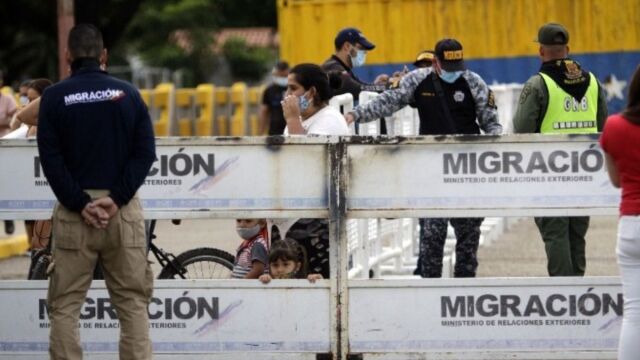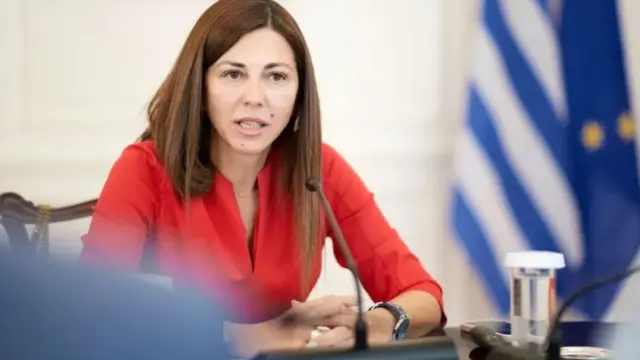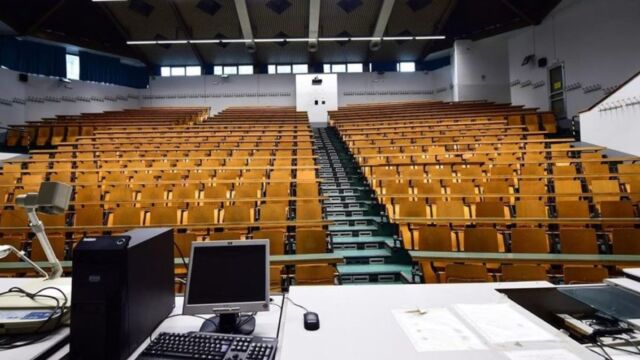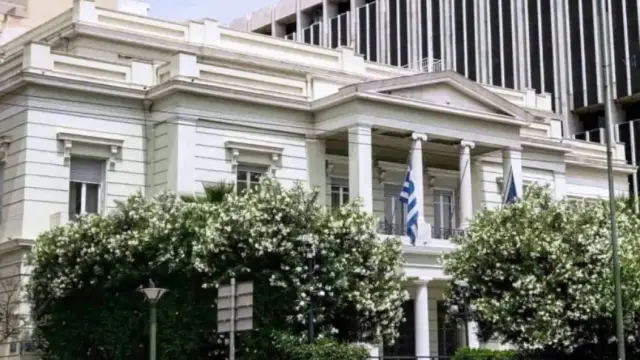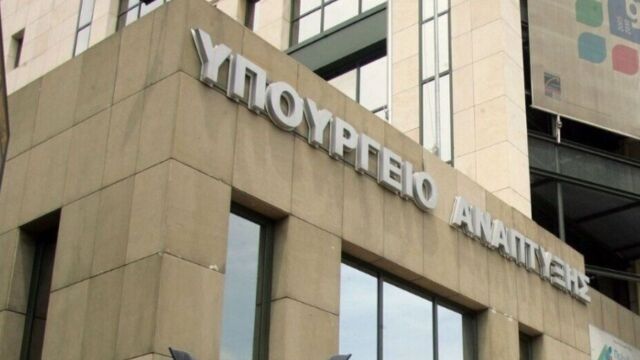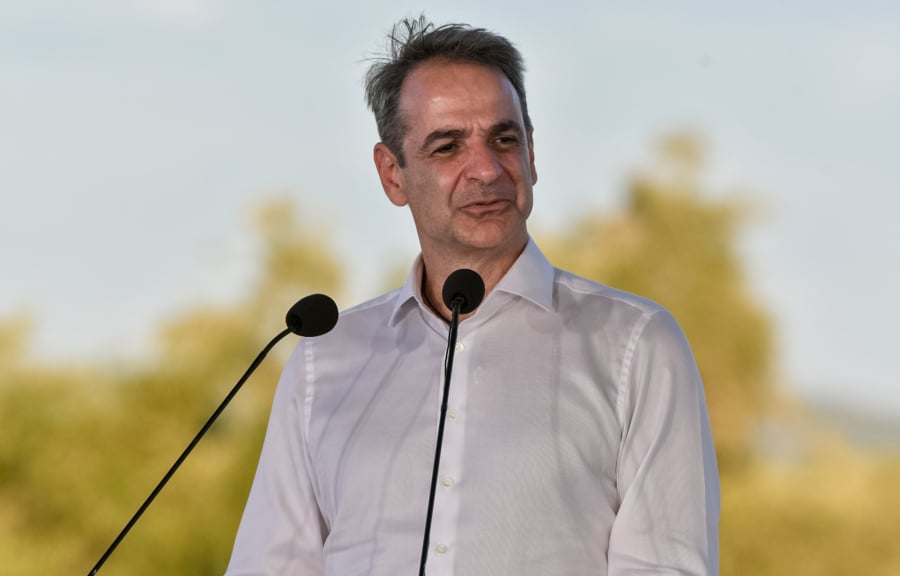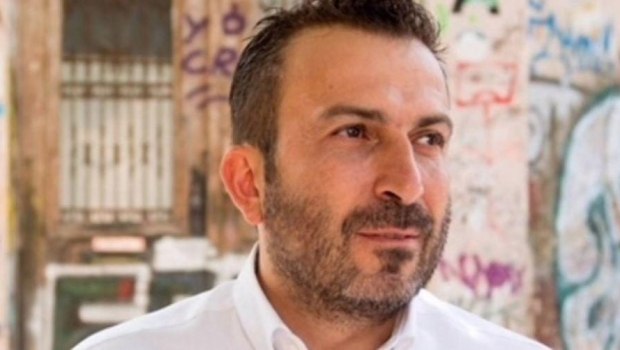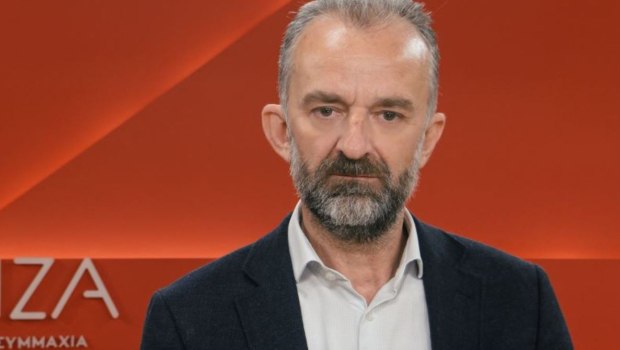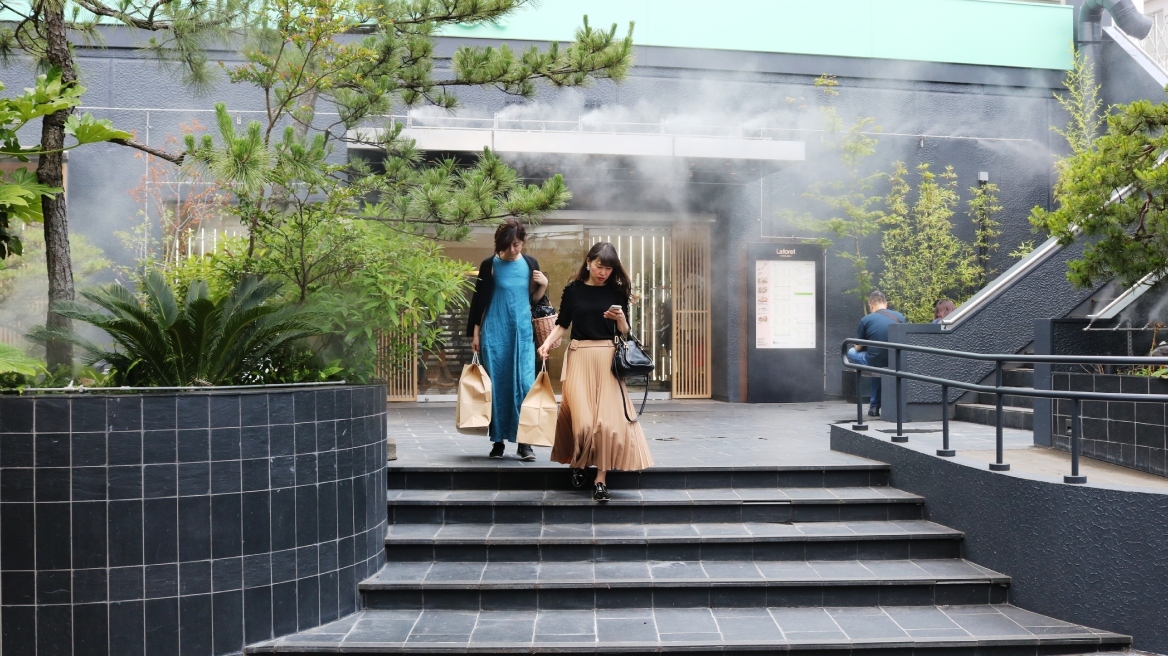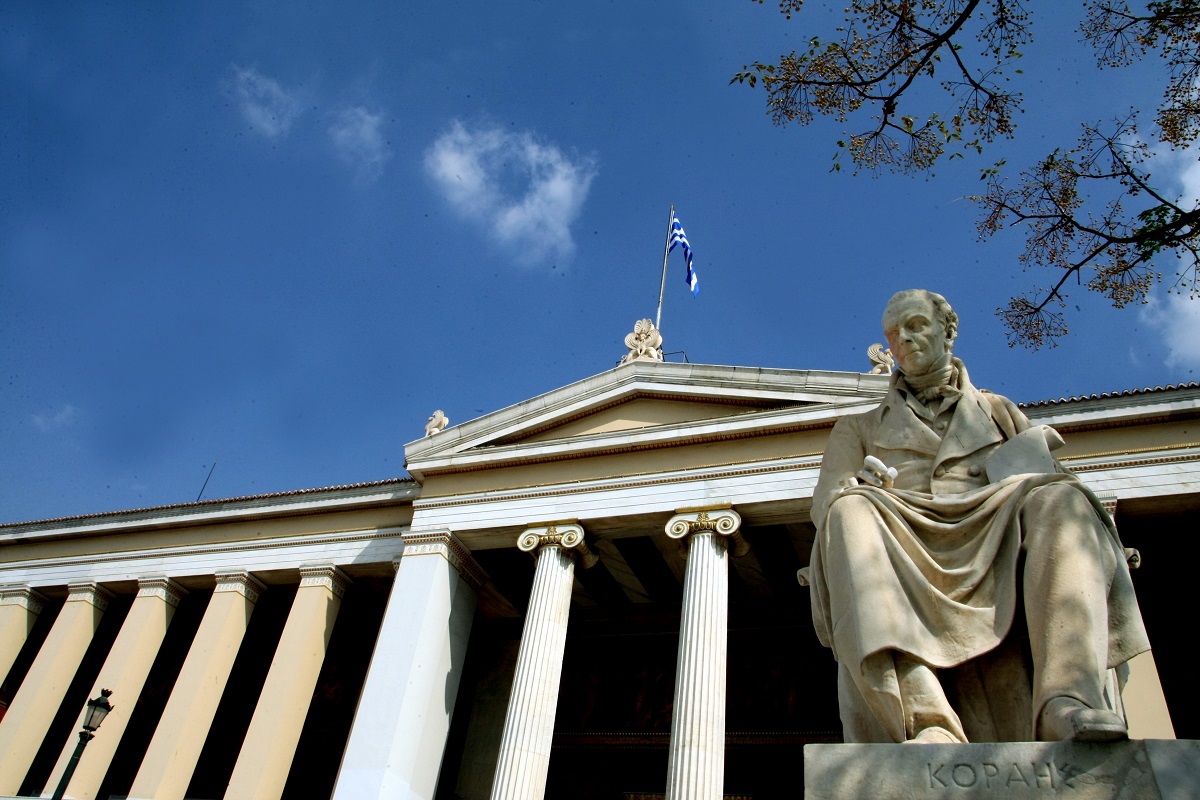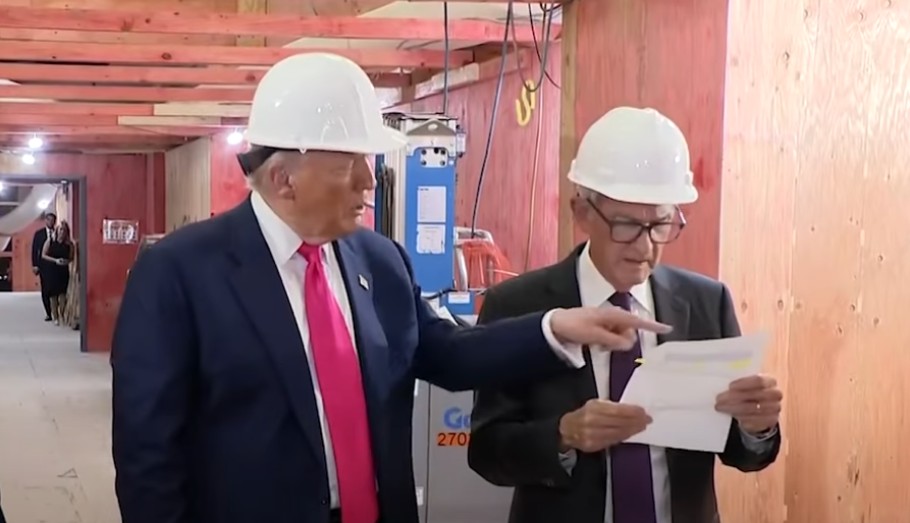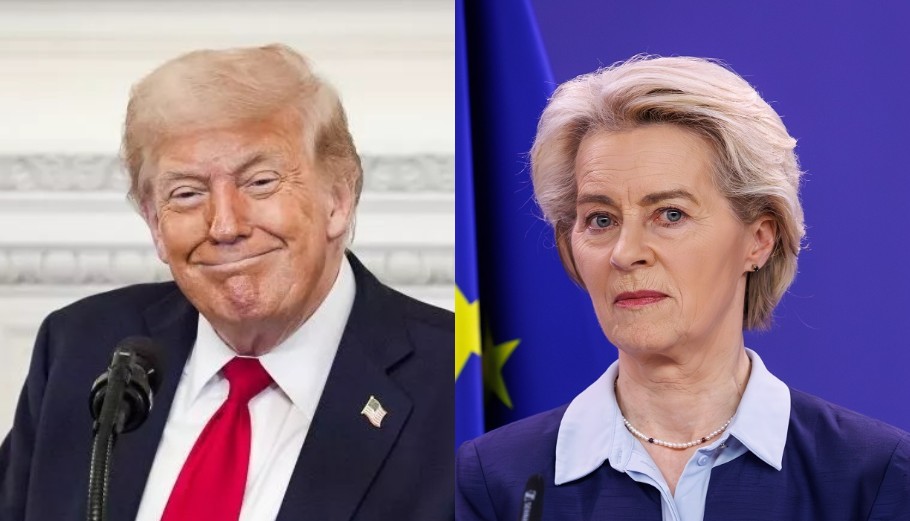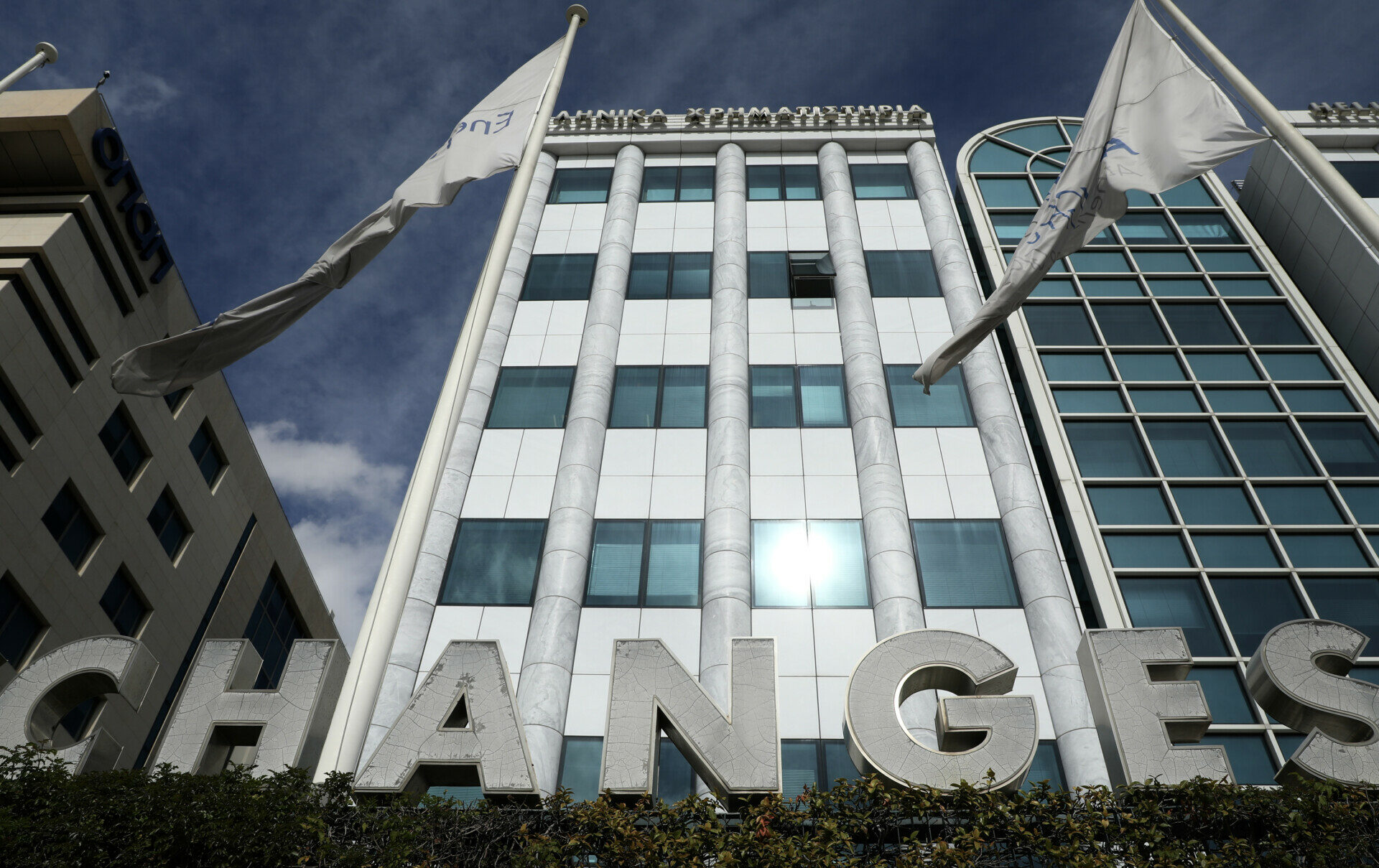Greek PM Mitsotakis Seeks Reset Amid Scandals and Internal Party Tensions
Greek Prime Minister Kyriakos Mitsotakis left for Chania, Crete, on Friday, where he is expected to take a brief summer respite before returning to Athens on Monday to attend to a series of pending issues. While his official schedule appears free of major engagements until August 15—a typical lull during the Greek holiday season—Mitsotakis is quietly using this period to focus on key political priorities, particularly as the Thessaloniki International Fair (TIF) approaches. Within the Greek political calendar, TIF holds immense significance as a platform for major economic and policy announcements, and this year’s event is widely viewed as the most critical of the prime minister’s current term.
Mitsotakis is expected to finalize personally the government’s messaging and initiatives for TIF, especially amid shifting political dynamics and growing economic pressures. The centerpiece of his announcements will likely target Greece’s middle class, a key constituency for his center-right New Democracy party. But attention is also expected to center on two interrelated challenges that the government sees as pressing: the country’s demographic decline and an escalating housing crisis. These issues are being packaged together in a policy push designed to support young couples, in hopes of both boosting birth rates and improving access to affordable housing.
The ruling party has been under continuous strain since the start of the year, managing crisis after crisis—from the fatal Tempi train disaster to a scandal involving Greece’s agricultural payments agency. The cumulative toll on party unity became especially visible this week, following a late-night vote in Parliament to initiate a preliminary investigation committee. The vote, held in the early hours and marked by procedural irregularities, raised eyebrows. With nearly half the ND MPs absent, and 75 of the 83 who voted doing so via letter—a process that undermined the secrecy of what was supposed to be a secret ballot—the government’s handling of the affair drew criticism from both inside and outside the party.
The rushed vote was widely seen as an effort to manage internal dissent over the fate of one of two ministers under scrutiny. Reports suggest that as many as 15 New Democracy lawmakers had privately signaled they might vote to refer the minister to a judicial process—an outcome that would have laid bare a major rift within the ruling party. To avoid this, the government opted for a less transparent but politically safer path.
Still, the government’s media machine remains adept at reshaping such controversies. A likely counter-narrative is already in circulation: that the dissenting MPs were acting independently, and that the government's alternative proposal for a general investigative committee reflects its commitment to democratic process and institutional respect. A typical line might read, “Fifteen MPs from the majority voted for a preliminary committee. While the government does not share their view, this demonstrates our respect for parliamentary procedure and contradicts opposition claims of executive overreach.” With headlines emphasizing phrases like “The Government Respects the Institutions,” the broader public—often fatigued by procedural details—may remain indifferent. And the prime minister can again project an image of institutional deference, even as the political cost of the maneuver begins to accumulate.
What remains unclear, however, is why Mitsotakis deviated from his previously stated principle: that ministers under scrutiny should be referred directly to the courts, as was done earlier this year with Christos Triantopoulos and Kostas Karamanlis. At the time, he described that approach as one that ensured ministers would be judged by constitutionally protected, independent judges, and would help disentangle legal accountability from partisan conflict.
The decision to avoid that route this time has left observers speculating about deeper concerns within the party’s ranks. While New Democracy may avoid short-term damage, the real test will come in September.
Content Original Link:
" target="_blank">






